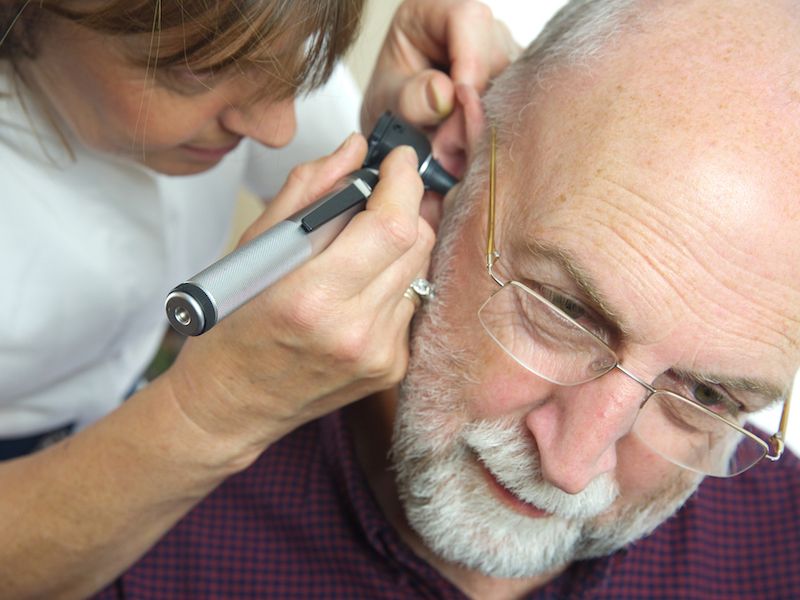
If you own eyeglasses, you know you should still see your eye doctor once a year, right? Because your eyes change as time passes. Your eyes and everything else in your body are dynamic not static including your ears. That’s why even after you purchase hearing aids, you should keep getting your ears tested just as you do with your eyes.
Unfortunately, many people miss those regular checkups. Perhaps they’ve been too busy enjoying their lives to get back in to see the doctor. Or maybe lately, work has been difficult. You might even be so satisfied with your hearing aids that you simply didn’t think you need to go back in. You would normally think of that as a good thing.
In the long run, for people suffering from hearing impairment, it is even more important to have even one follow-up appointment. However, lots of people ignore regular treatment. According to one survey, only 33% of seniors with hearing aids also used regular hearing services.
Why Do You Need Examinations Once You Get Hearing Aids?
Your hearing is not static. Over time it changes. When these changes occur, you need to adjust your hearing aids to compensate. Routine testing helps monitor any variations in hearing and discover problems early.
It may be a good plan to get normal checkups for other reasons too. Some of the most prevalent reasons to make sure you show up to your next checkup consist of:
- Hearing decline: Even with a hearing aid, your hearing could keep degenerating. If this degeneration is slow enough, you most likely won’t realize it’s occurring without the assistance of a hearing evaluating. Appropriate alterations to your hearing aids can often slow hearing declines.
- Hearing aid calibration: There may be need for annual calibration of your hearing aids because of small changes in your hearing despite the stability of your general hearing. Your hearing aids might gradually become less reliable if you don’t get this type of calibration.
It’s essential to get your hearing aids cleaned professionally now and again in addition to monitoring changes in your hearing. We can clean all the small components and keep your hearing in peak conditions and make sure it’s functioning at peak performance.
The Danger of Not Following up With Routine Check-Ups
If you get frustrated with your hearing aids, say because they aren’t working the way you expected them to, you might just stop wearing them and that wouldn’t be good. Using hearing aids helps you hear better, of course, but it also impacts your general health. If you discontinue wearing your hearing aids, not only can your hearing decline faster, you may not recognize it right away. Neglected hearing loss has been connected to many health problems such as cognitive decline and increased danger of accidents.
If you really want your hearing aids to keep working at the most effective level, normal checkups are going to be your best choice when it comes to accomplishing that. Yearly hearing assessments or screenings can help you make certain your hearing aids are working as they should and that your hearing is safeguarded. So now it’s time to schedule your hearing appointment.